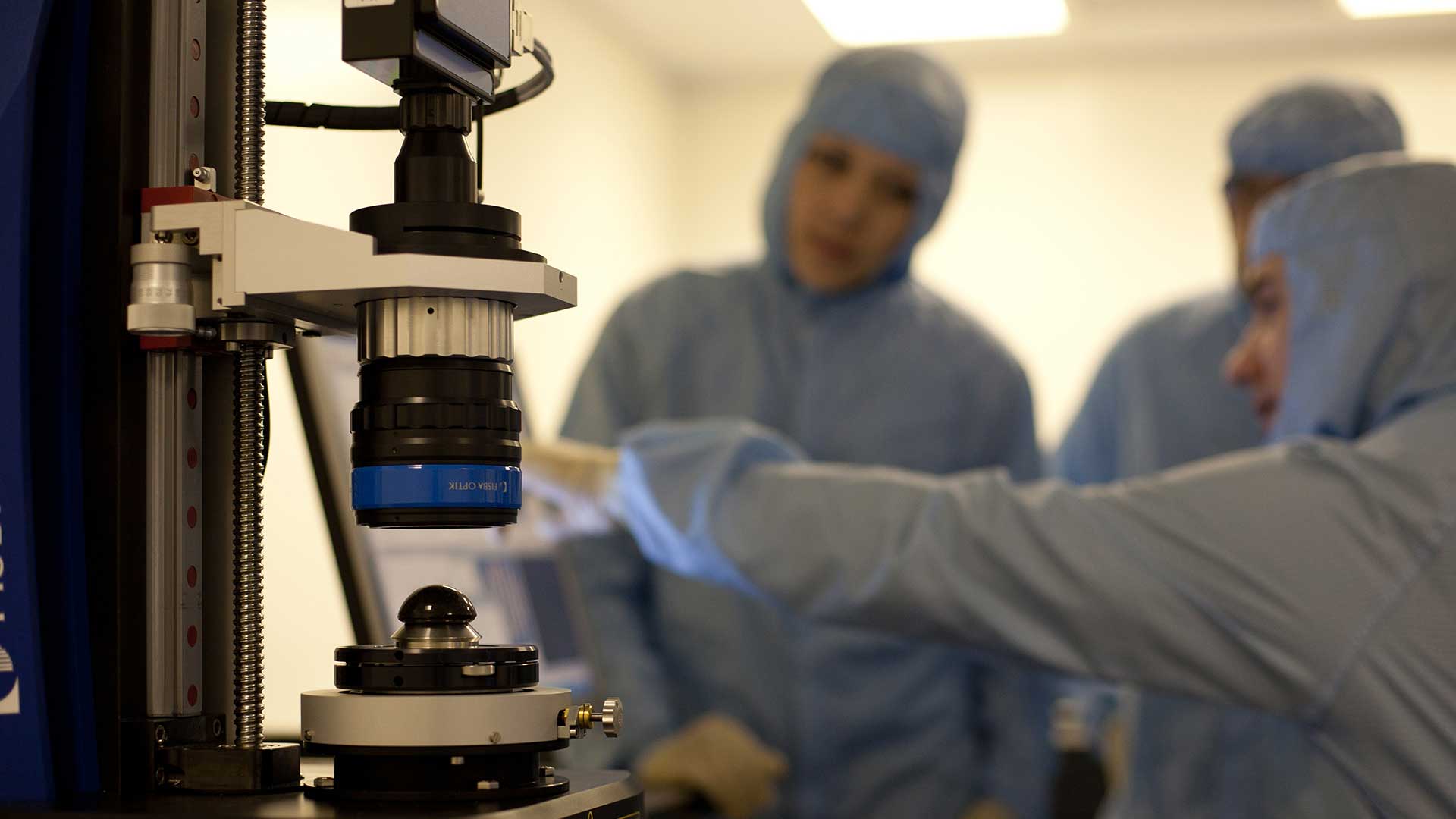
Research Degree Scholarships in Engineering
Engineering Scholarships
The School of Computing and Engineering offers various scholarship opportunities for Master’s by Research and PhD applicants. All scholarships are awarded on a competitive basis. Below is a guide to our standard process but some scholarship opportunities may have their own processes, so it is essential that you read the relevant information for the scholarship for which you are applying.
PhD Applications - Prior to starting your application, you should identify a potential supervisor in the School who is prepared to support your application for a scholarship. This can be done by exploring our researchers on Pure and our advertised projects on Coursefinder. Your potential supervisor will also be able to advise you on completing your application.
MSc by Research applications – Prior to starting your application you need to select one of our advertised projects on Coursefinder and apply against the topic. We do not normally accept an applicant’s own proposals for a MSc application.
The above link gives full details of what is required for your application to be considered include the following:
- Qualification certificates and academic transcripts
- Academic references from two individuals
- Research proposal (if applicable)
- Two-page curriculum vitae (CV)
- A statement of purpose
- Passport or alternative ID
- Proof of IELTS 6.0 (with no element below 5.5)* or equivalent English language requirements (if applicable)
- More information on international entry requirements for international can be found here: https://www.hud.ac.uk/international/where-are-you-from
*For 25/26 entry
Scholarship applications are shortlisted for interview based on criteria including:
- Your education history including undergraduate and, if applicable, postgraduate qualifications.
- Your research-relevant experience including any publications.
- Your references and statements of support.
Therefore, to have the best chance of being shortlisted for interview, it is essential that your application is both detailed and complete to highlight all your strengths. The award of scholarships is highly competitive. Typically, shortlisted candidates will have a good bachelor’s degree and, for PhD, a good master’s degree, along with publications and experience in the research area. If you are shortlisted for interview, we will send you additional information on the next steps.
Unless otherwise stated, we accept applications and award scholarships throughout the year, but the final deadlines are:
|
PGR Start Date |
Application Deadline Date |
|
April 2026 |
23 January 2026 |
|
September/October 2026 |
12 June 2026 |
|
January 2027 |
16 October |
|
April 2027 |
22 January 2027 |
Current Scholarship Opportunities
Vice Chancellor’s Scholarships
Fee waiver studentships available to eligible graduates of the University of Huddersfield
Chancellor's Scholarship
Fee waiver studentships available to home (UK resident) students to celebrate the University's bicentenary
School of Computing and Engineering Scholarships
Fee waiver studentships available to applicants who meet our standard entry requirements
EPSRC Funded Studentships
Fully funded Engineering and Physical Sciences Research Council (EPSRC) studentships - externally funded